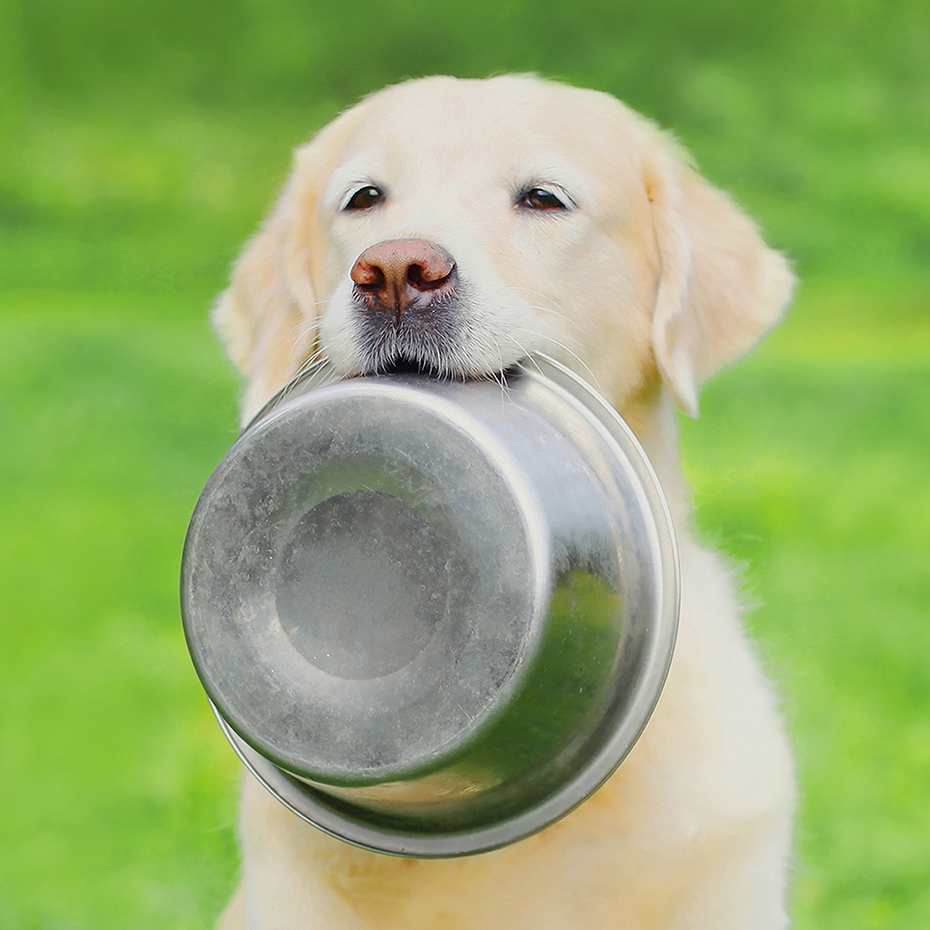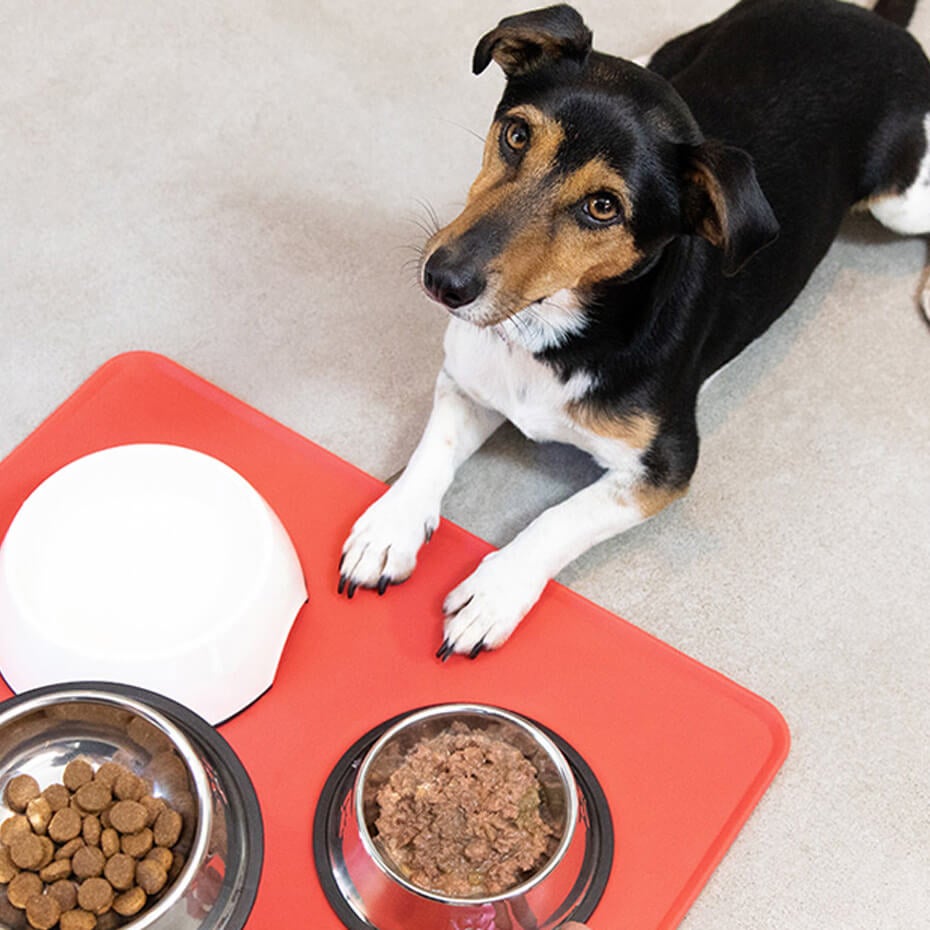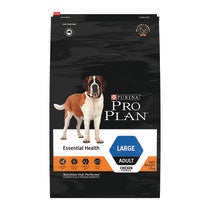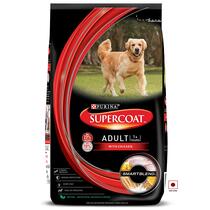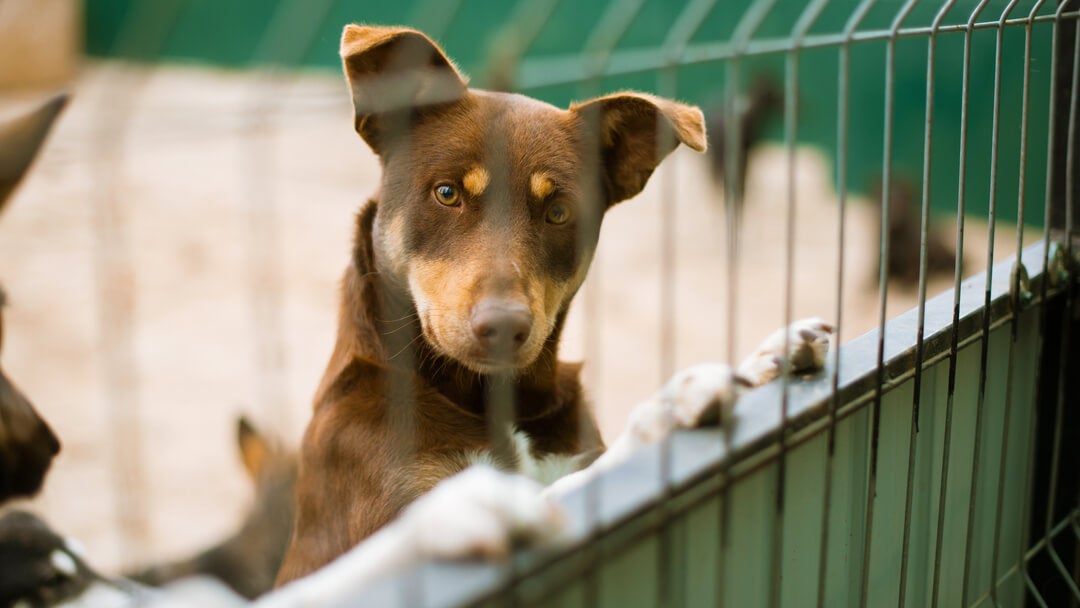
Dogs can get hay fever just like humans can! Find out what the symptoms and causes are of hay fever in dogs and the current treatment options available to help your dog get back to normal.
Most people have been there at some point during their life: the sun comes out, and so do the tissues! Hay fever in humans is characterised by a runny nose, irritated eyes, sneezing, coughing, and itchiness. It’s a common complaint come the spring and summer months and can spoil a pleasurable walk.
If you’ve noticed any of those signs or symptoms in your canine companion, then it’s possible that they, too, are susceptible to canine hay fever. And for animals that love to sniff and explore outside, it can be quite debilitating!
Learn more about how to tell if your pet is suffering from hay fever and what dog hay fever treatments are available to help.
Can dogs get hay fever?
Unfortunately for our pets, dogs can get hay fever just like people can! It’s thought that up to 10% of dogs in the UK suffer to some extent from this annual allergy. Some research has indicated that dogs that are not exposed to a variety of grasses, trees and plants in their early life are more likely to develop signs of dog hay fever later on. Sensitivity to these kinds of pollens is generally more likely to occur in pets that haven’t built up immunity to them, which happens through exposure during early life.
If you believe that your pet is suffering from canine hay fever, then it’s important to visit your vet so that they can rule out any serious conditions, assess the severity and type of allergy your dog is experiencing, and recommend the best course of treatment.
The symptoms of canine hay fever
Dogs experience hay fever in a relatively similar way to how most people do, and symptoms can range widely in severity.
Below is a list of the most common signs and symptoms of canine hay fever to keep your eyes peeled for in your pet this summer:
- Frequent, repeated sneezing
- Irritated and itchy eyes, often also red or runny
- Runny nose
- Increase in itching or biting at the skin, demonstrating skin irritation
- Itching to excess, which can result in bald or sore patches of skin
- Rashes on the paws or face
It’s important to remember that your dog doesn’t need to display every symptom listed above to have canine hay fever. It’s quite common for dogs to only develop skin irritation, without the more classic human signs such as sneezing or a runny nose.
Why do dogs develop hay fever?
Animals often suffer from allergies, and dog hay fever is simply another kind of allergic reaction, usually to pollens that become more prevalent in the spring and summer months. A sensitivity to these allergens cause inflammation in the lining of the nose and in the eyes, which is what then causes your pet’s symptoms.
Although the signs of canine hay fever are also common indicators of a variety of other health issues that can affect dogs, you can look to the seasons to see if it’s more likely that your pet is suffering from a pollen allergy. Sensitivities can develop at any age, but it’s more likely that your dog will show signs of hay fever from a young age.
Some dog breeds are more susceptible to dog hay fever than others. These include the following:
Dog hay fever vs Dry Eye
A frequent health issue recognised by pet owners is runny, irritated eyes. Often, this symptom is misdiagnosed as dog hay fever. A more likely problem is foreign bodies getting in, or scratching, the surface of the eye.
Dog owners should also be aware of the problem called Dry Eye, which in breeds prone to the condition can affect up to one in five dogs. Dogs with dry eye are unable to produce tears effectively, which then results in very runny, irritated eyes. If you notice this symptom in your pet then don’t just put it down to canine hay fever: visit a vet for a certain diagnosis. Dogs that are left with undiagnosed cases of dry eye can develop serious issues, including blindness.
Dog hay fever treatment
Although it isn’t possible to cure canine hay fever completely, there are topical dog hay fever treatments available that can help to soothe the symptoms on a daily basis.
Unlike humans, in which a general antihistamine pill is often sufficient to prevent discomfort, targeted hay fever treatments work better for dogs. Your vet may prescribe eye drops or nasal sprays. In severe cases, vets can also administer injections to help get symptoms under control.
Natural remedies for dog hay fever
The best way to naturally relieve the symptoms of canine hay fever is to identify and limit exposure to the source of the allergic reaction. It won’t be easy, if your dog is a country-dweller, to discover exactly what plant is causing the problem. You can keep a diary to help remember exactly when your dog begins to suffer with hay fever, and what plants are in bloom at that time. You may find a common culprit!
Keeping the grass cut short in your garden will also help, along with an increase in washing and grooming of your dog’s coat during high-pollen times of year. Grooming will help to remove pollen from their skin, even if you can’t see it. Regularly washing your dog’s bedding should also help with keeping the allergens out of the house.
Pollen counts are generally lower early in the morning and later in the evening, so if your dog is really suffering then try to limit their walks and outdoor activity to those times of day.
Next, find out if dogs can catch a cold or flu with our easy-to-follow guide.
